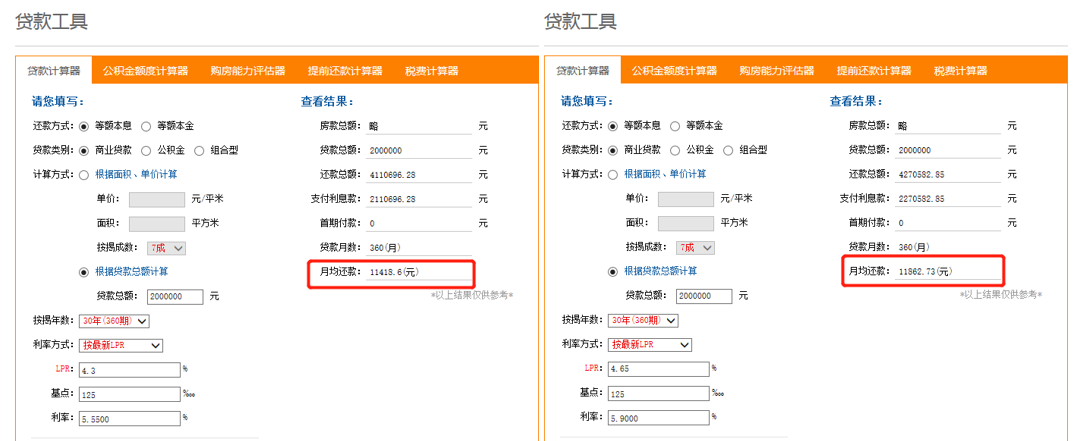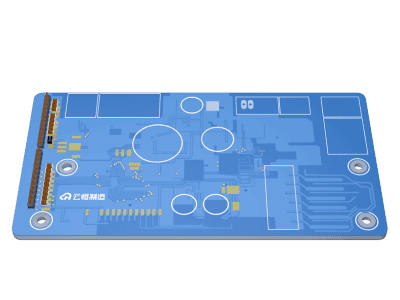Title:TheElectronicsIndustry:AnOverviewofItsKeyAspects(电子工业 英文怎么写)
The electronics industry is a dynamic and revolutionary sector that has profoundly impacted our way of living, working, and communication. This vast industry encompasses an array of products, from smartphones and laptops to sophisticated medical devices and cutting-edge communication systems. In this article, we delve into the key aspects of the electronics industry, exploring its rich history, major players, technological advancements, current challenges, and exciting future prospects.
Historical Perspective
The electronics industry has come a long way since its early beginnings in the 20th century. The invention of the transistor in 1947 marked a significant milestone in the development of electronics, paving the way for smaller, more powerful devices. Over the years, various innovations such as integrated circuits, microprocessors, and memory chips have propelled the industry forward, leading to the creation of countless new products and applications. Today, the electronics industry stands as one of the largest and most rapidly growing sectors in the global economy.
Major Players
The electronics industry is dominated by a select few large multinational corporations, including Samsung, Apple, Sony, and LG. These companies are at the forefront of producing many of the most popular consumer electronics products on the market today, such as smartphones, tablets, televisions, and wearable technology. However, there also exist numerous smaller companies that specialize in niche markets or specific product categories within this broad industry.
Technological Advancements
One of the defining characteristics of the electronics industry is its relentless pursuit of technological innovation. From artificial intelligence and machine learning to quantum computing and nanotechnology, there is a myriad of emerging technologies with the potential to revolutionize our interaction with electronic devices. Furthermore, advancements in materials science and manufacturing techniques enable companies to create products that are lighter, thinner, and more energy-efficient than ever before.
Challenges
Despite its many successes, the electronics industry faces significant challenges. A major concern is the rapid pace of obsolescence, which means that many electronic devices become outdated within just a few years. This not only results in increased e-waste and environmental concerns but also poses financial burdens on consumers who must constantly upgrade their devices. Another challenge lies in the increasing complexity of supply chains, making it difficult for companies to manage inventory levels and respond quickly to changes in demand.
Future Prospects
Looking ahead, the electronics industry is poised for continued rapid growth and evolution in the coming years. Some experts predict a greater integration between different types of electronic devices, with smartphones and other mobile devices serving as central hubs for controlling various aspects of our lives. Others anticipate continued advancements in virtual reality and augmented reality, opening up new opportunities in entertainment, education, and business. Regardless of future predictions, it is clear that the electronics industry will remain a vital part of our modern lives for many years to come.
With its rich history, exciting advancements, and unique challenges, the electronics industry continues to captivate the world's attention. As we move forward, the industry will play a pivotal role in shaping our future, bringing us closer to a world of interconnected devices and innovative technologies.



















